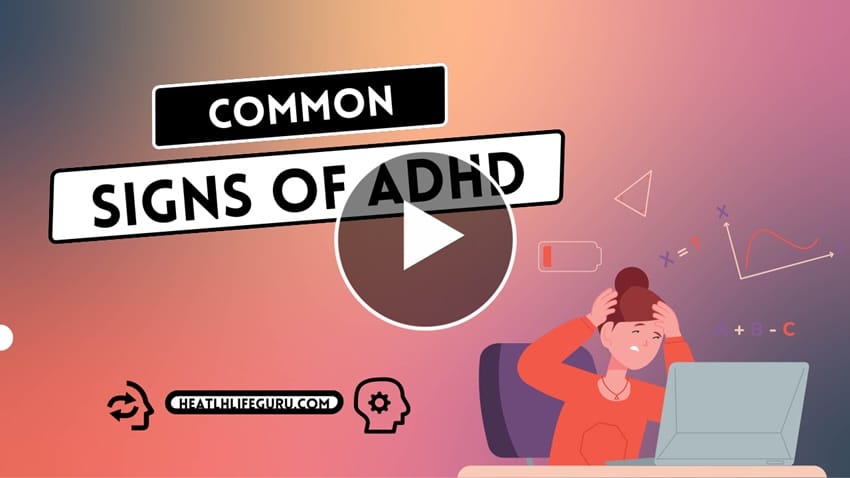Grief, a complex and deeply personal experience, often takes a distinctive form in the lives of seniors. This emotional journey, triggered by various losses such as the death of loved ones, declining health, or loss of independence, can significantly impact their overall well-being. While grief is a universal experience, its effects on senior health are unique and require a nuanced understanding. This post explores the multifaceted ways grief affects seniors, exploring its physical, mental, and social implications and highlighting strategies for coping and support.
Contents
Grief in Seniors: A Closer Look
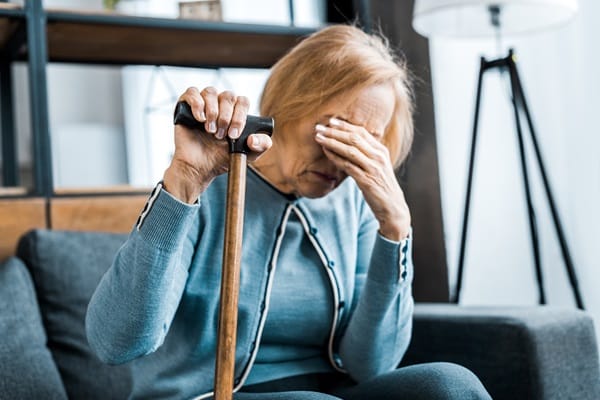
Seniors encounter grief in ways that are often more profound and complex than in younger individuals. The loss of a spouse, friends, or even a sense of independence can trigger a deep sense of grief. This grief is not just about mourning a loss but also about confronting the realities of their own mortality and the inevitable changes that come with aging. The way seniors process these losses can vary greatly, influenced by factors such as their life experiences, resilience, and existing support systems.
Unlike younger adults, seniors may already be grappling with multiple life changes, such as retirement, health issues, and social isolation, which can intensify the experience of grief. This compounded effect can lead to more pronounced emotional and physical responses. Recognizing these unique aspects is crucial in understanding how grief impacts seniors, as it underscores the need for tailored approaches in their care and support.
Physical Health Implications
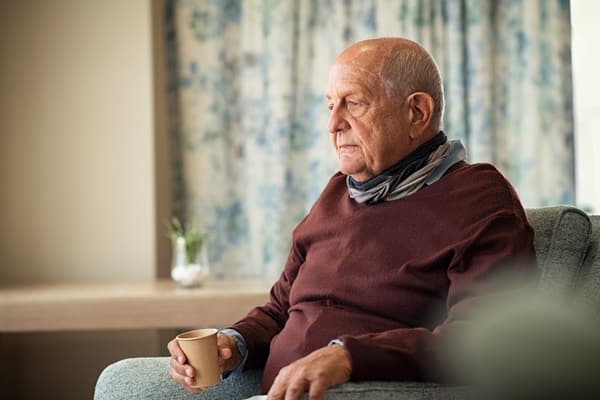
The physical impact of grief on seniors can be profound. Research has shown that intense grief can weaken the immune system, making seniors more susceptible to infections and illnesses. Additionally, there is a well-documented phenomenon known as “broken heart syndrome,” where the stress of losing a loved one can lead to heart-related issues, especially in the elderly. These physical manifestations of grief are not just fleeting; they can have long-term implications for a senior’s health.
Moreover, the physical effects of grief in seniors often intersect with pre-existing health conditions. For instance, those with chronic illnesses may experience worsened symptoms as a result of the stress and emotional turmoil caused by grief. This intersection creates a complex health scenario where both emotional and physical care are paramount. Healthcare providers need to be vigilant in monitoring the physical health of grieving seniors, ensuring that both their emotional and physical needs are addressed in a holistic manner.
Mental Health Consequences
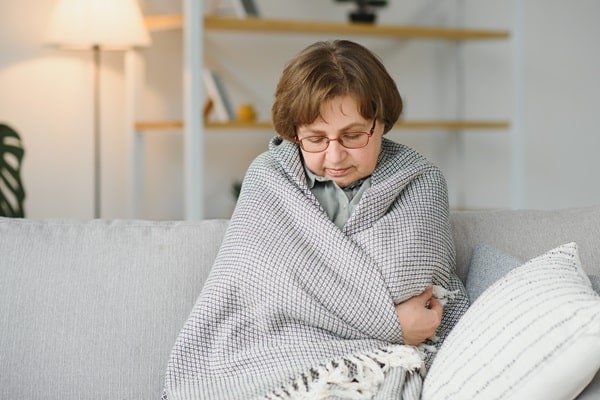
Grief can take a significant toll on the mental health of seniors. Feelings of sadness, loneliness, and anxiety are common, but in seniors, these can escalate to more serious conditions like depression. The loss of a significant other, for instance, can lead to a profound sense of loneliness and isolation, exacerbating mental health issues. This is particularly concerning given that seniors might already be facing cognitive decline and other age-related mental health challenges.
The coping mechanisms employed by seniors can also differ from those of younger individuals. While younger people might actively seek social support or engage in various activities to manage their grief, seniors might not have the same opportunities or inclinations. This difference in coping can lead to prolonged periods of grief and unresolved emotional issues. It’s crucial for caregivers and family members to recognize these signs and provide appropriate mental health support. Whether it’s through professional counseling, support groups, or simply offering a listening ear, addressing the mental health impact of grief is a critical component of caring for the elderly.
Social Dynamics And Grief
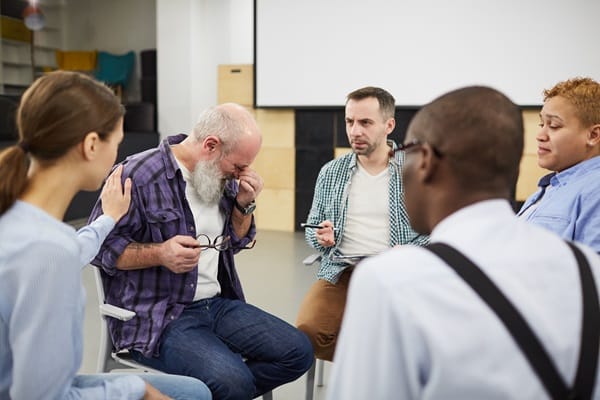
The social implications of grief in seniors are often overlooked, yet they play a crucial role in their overall well-being. When seniors grieve, their social interactions and relationships can undergo significant changes. Some may withdraw from social activities they once enjoyed, leading to increased isolation. This withdrawal not only exacerbates feelings of loneliness but can also deprive them of the support networks crucial for navigating through grief. Additionally, the loss of a spouse or close friend, who often forms the core of a senior’s social circle, can leave a void that is difficult to fill.
Conversely, grief can sometimes lead to the strengthening of certain relationships, particularly with family members or in support groups. These connections can provide much-needed emotional support and a sense of belonging. However, the challenge lies in encouraging seniors to maintain and develop these social ties, especially when they are grappling with the inertia of grief. Communities and caregivers play a vital role in facilitating these social connections, whether through organized social activities, support groups, or one-on-one interactions.
Coping Strategies For Seniors

Developing effective coping strategies is essential for seniors dealing with grief. Tailoring these strategies to their specific needs and circumstances is vital, as seniors may not respond to traditional methods of grief management. Encouraging the expression of emotions in a safe and supportive environment is a fundamental step. This can be through one-on-one counseling, support groups specifically for seniors, or even through creative outlets like art or music therapy. These avenues provide not just a means for expression but also opportunities for social interaction and building support networks.
Another crucial aspect of coping for seniors is the incorporation of physical activity and hobbies into their daily routines. Activities like walking, gardening, or other gentle exercises can have therapeutic effects, improving both physical and mental health. Additionally, re-engaging with hobbies and interests can provide a sense of purpose and joy, helping to counteract feelings of loss and emptiness. It’s important for family members and caregivers to encourage and facilitate these activities, keeping in mind the individual’s interests and physical capabilities.
Family And Community Support

The role of family and community in supporting grieving seniors is indispensable. Family members can provide emotional support, practical assistance, and a sense of security during times of grief. It’s important for families to be patient, understanding, and present, recognizing that the grieving process is different for everyone. Simple acts like regular visits, listening to their stories, and helping with daily tasks can make a significant difference in a senior’s emotional well-being.
Communities also play a vital role in supporting grieving seniors. Community centers, religious organizations, and senior clubs can offer social activities and support groups that help mitigate feelings of loneliness and isolation. These groups provide a platform for seniors to connect with others who are experiencing similar emotions, fostering a sense of community and belonging. Additionally, community outreach programs can help identify seniors who are struggling with grief and may be reluctant to seek help, ensuring they receive the support they need.
The Role Of Healthcare Providers

Healthcare providers are often the first line of defense in identifying and addressing grief in seniors. Regular check-ups and consultations provide an opportunity for healthcare professionals to observe signs of grief that may otherwise go unnoticed. It’s important for these professionals to have training in recognizing the symptoms of grief and the ways it can manifest in physical health. This includes understanding the nuances of grief in the elderly and being able to differentiate these symptoms from other health issues.
Integrating emotional wellness into the healthcare plans of seniors is also crucial. This might involve referrals to mental health specialists, recommendations for support groups, or simply providing a space for seniors to talk about their feelings. Healthcare providers can also collaborate with families and caregivers, offering guidance on how to support a grieving senior at home. Such a holistic approach ensures that the emotional needs of seniors are not overlooked in their overall health care.
The Bottom Line
Understanding and addressing the multifaceted impact of grief on seniors is crucial for their overall well-being. It’s a collective responsibility that involves families, healthcare providers, and communities working together. By recognizing the unique challenges seniors face in grief, offering tailored support, and fostering environments that encourage healing and connection, you can help significantly improve their quality of life. Let’s commit to being more attentive and proactive in supporting the emotional health of the seniors in your life.

